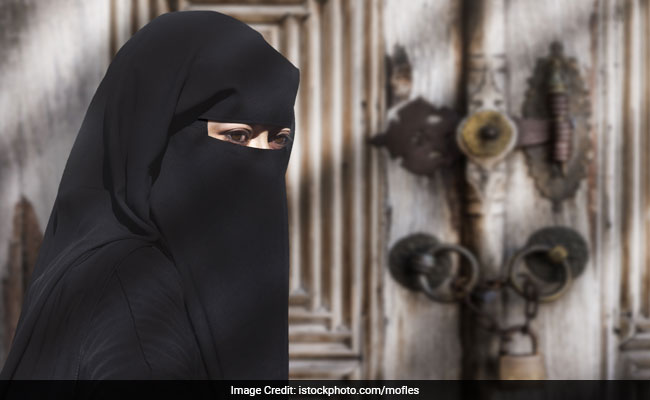The UN asserted that it was opposed to most dress codes for women after France barred its Olympic athletes from wearing hijab during the 2024 Paris Games.
“No-one should impose on a woman what she needs to wear or not wear,” United Nations rights office spokeswoman Marta Hurtado said after French sports minister informed that the country’s athletes would be barred from wearing headscarves during the Games. The rule is concomitant with the country’s strict rules on secularism.
French sports minister Amelie Oudea-Castera explained the government’s decision saying that it was opposed to any display of religious symbols during sporting events.
“What does that mean? That means a ban on any type of proselytising. That means absolute neutrality in public services,” she told France 3 television, adding, “The France team will not wear the headscarf.”
Without referencing the minister’s comments, Marta Hurtado said that the international Convention on the Elimination of All Forms of Discrimination Against Women ruled out discriminatory practices.
“Any state party to the convention — in this case France — has an obligation to … modify social or cultural patterns which are based on the idea of the inferiority or superiority of either sexes,” Marta Hurtado said, pointing out, “Discriminatory practices against a group can have harmful consequences. That is why … restrictions on expressions of religions or beliefs, such as attire choices, are only acceptable under really specific circumstances.”
This meant circumstances “that address legitimate concerns of public safety, public order, or public health or morals in a necessary and proportionate fashion,” she said.
France’s laws prohibit wearing of “ostentatious” religious symbols in state schools and by civil servants. The country outlawed full-face coverings in 2010 while in June France’s Council of State upheld a ban on women footballers wearing the hijab.
